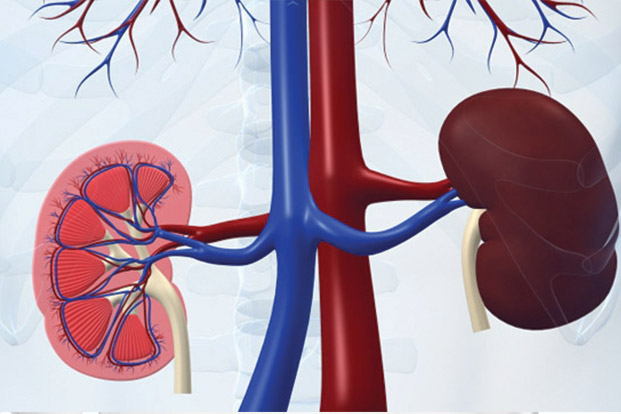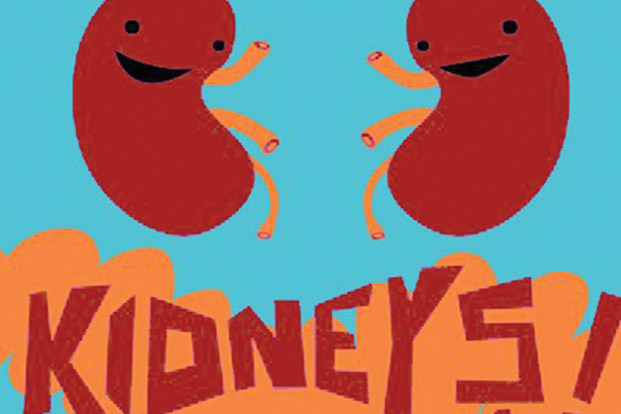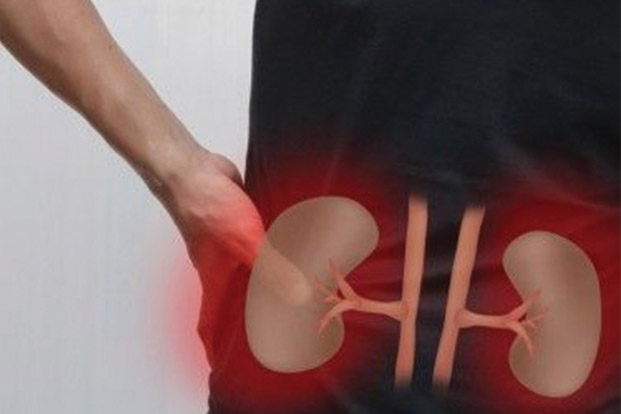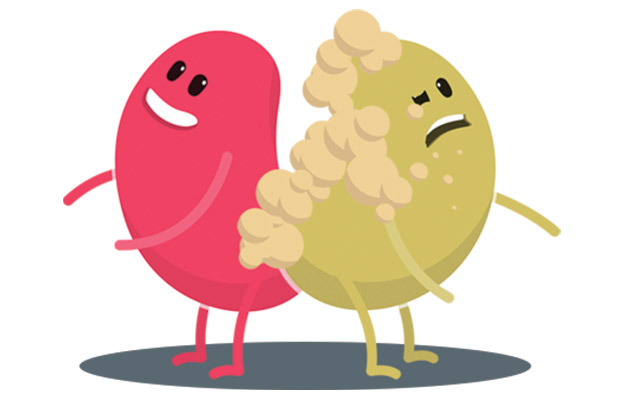Categories
- Bariatric Surgery (11)
- Black Fungus (5)
- Bone Marrow transplant (3)
- Brain Tumor Surgery Navigation Technology (20)
- Cardiac Surgery (66)
- Cardiology (97)
- Computer navigation technology for joint replacements (20)
- Covid Vaccination (17)
- Critical Care (2)
- Dental (19)
- Dermatology (31)
- Dialysis Support Group - “UTSAAH” (11)
- Dietitian (33)
- Emergency Medicine (4)
- Emotional Health (11)
- Endocrinology (33)
- ENT (20)
- Gastroenterology and GI Surgery (53)
- General and Laparoscopic Surgery (21)
- General Surgery (4)
- Gynecology & Obstetrics (183)
- Hematology (20)
- Internal Medicine (294)
- Kidney Transplant (50)
- Kidney Transplantation (20)
- Lung Cancer (8)
- Minimal Invasive Surgery (1)
- Mother & Child (20)
- mucormycosis (5)
- Nephrology (61)
- Neurology (147)
- Neurosurgery (68)
- Nutrition and Dietetics (107)
- Omicron Variant (1)
- Oncology (288)
- Ophthalmology (10)
- Orthopaedics & Joint Replacement (86)
- Paediatrics (59)
- Pediatric Nephrology (3)
- Physiotherapy (5)
- Plastic & Reconstructive Surgery (6)
- Psychiatry and Psychology (90)
- Psychologist (28)
- Pulmonology (72)
- Rheumatology (13)
- Spine Services (21)
- Transradial Angioplasty (16)
- Urology (84)
Query Form
Posted on Apr 19, 2022
Signs and Symptoms of Kidney Disease
Kidney disease is a silent killer since often the symptoms are ignored and child presents at advanced stage of the disease. It remains undiagnosed due to ambiguity of signs and symptoms. It is important for parents to observe these signs and discuss the consult specialists at the earliest. Please also note that if your child is suffering from obesity, he or she is at a higher risk of suffering from Chronic Kidney Disease.
Signs and Symptoms of Kidney Disease:
The tell tale signs of kidney disease in children are:
- Early morning puffiness of eyes and/or swelling of body.
- Increase or decreased urinary frequency
- Blood in urine.
- Frothy urine
- Frequency, urgency and painful micturition
- Bony deformities
- Growth retardation
- Anemia refractory to Iron, vitamin B12 and folic acid
- Headache, High Blood Pressure

Know Chronic Kidney Disease symptoms in detail:
- Kidney disease in children may present in a subtle manner such as simply a child who is not gaining adequate weight and height, unexplained fevers, vague pains, anemia not corrected by haematinics.
- Failure to thrive may suggest chronic kidney disease or renal tubular disease. High blood pressure and abnormal vision may be the first signs of chronic kidney disease.
- Increased frequency, urgency, painful urination suggest urinary tract infection and/or stone in urinary tract. Pain abdomen and passage of red colored urine may be caused by stone or may be marker of severe kidney injury. Unexplained fevers may have there root in infected urinary tract.
- Passage of large amounts of urine frequently may suggest diabetes mellitus or a kidney disease. Increased frequency without increase volume often found in toilet trained boys.
- Bed wetting beyond 7 years needs to be treated since it may have negative impact on social behaviour and scholastic performance of a child. Recent onset bed wetting in a previously dry child may require urological evaluation. Nocturia, increased passage of urine in night marks the onset of diabetes mellitus or kidney disease in young children.
- Hence, a child presenting with above signs and symptoms requires a high index of suspicion of kidney disease and timely referral to pediatric nephrologist when needed.



